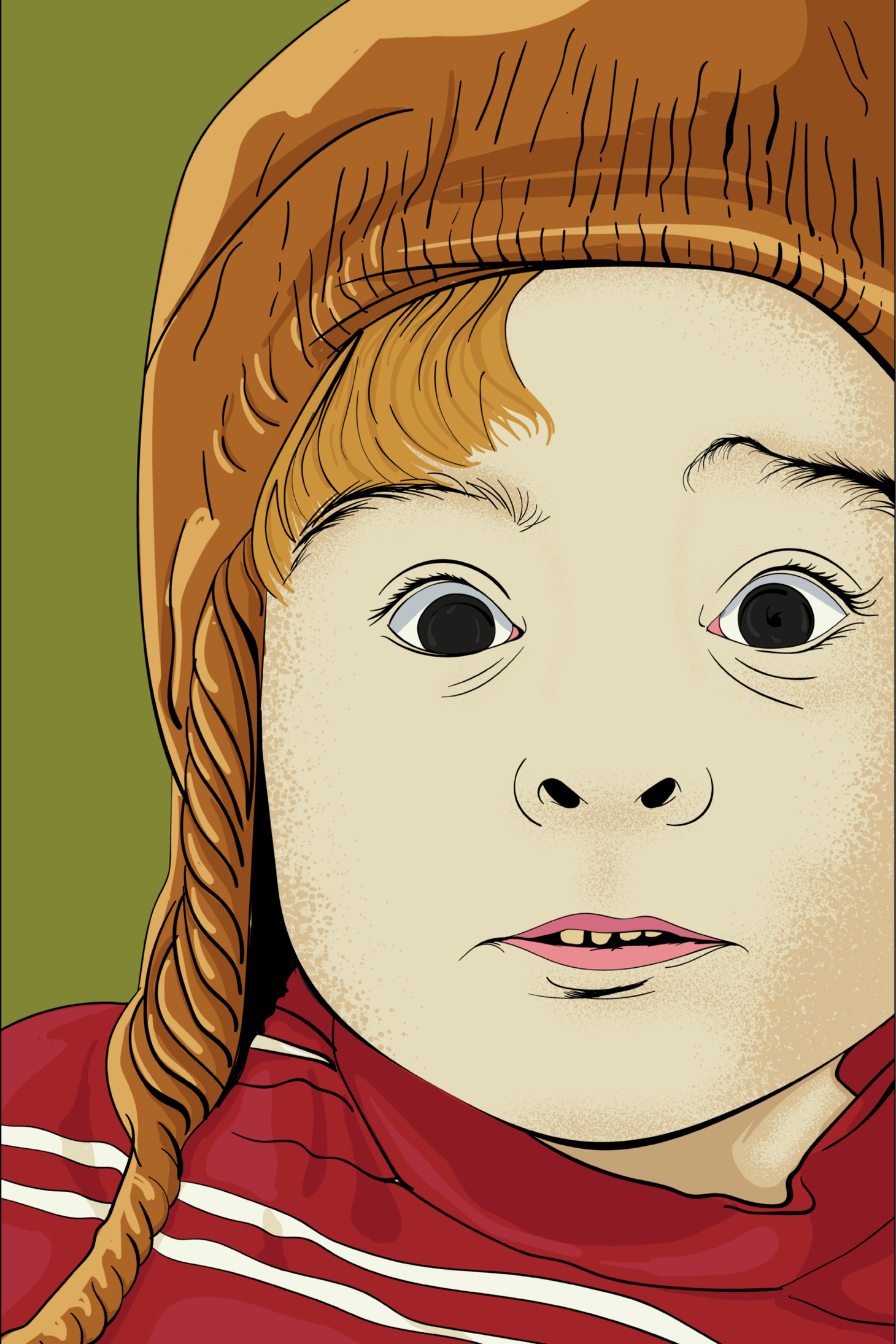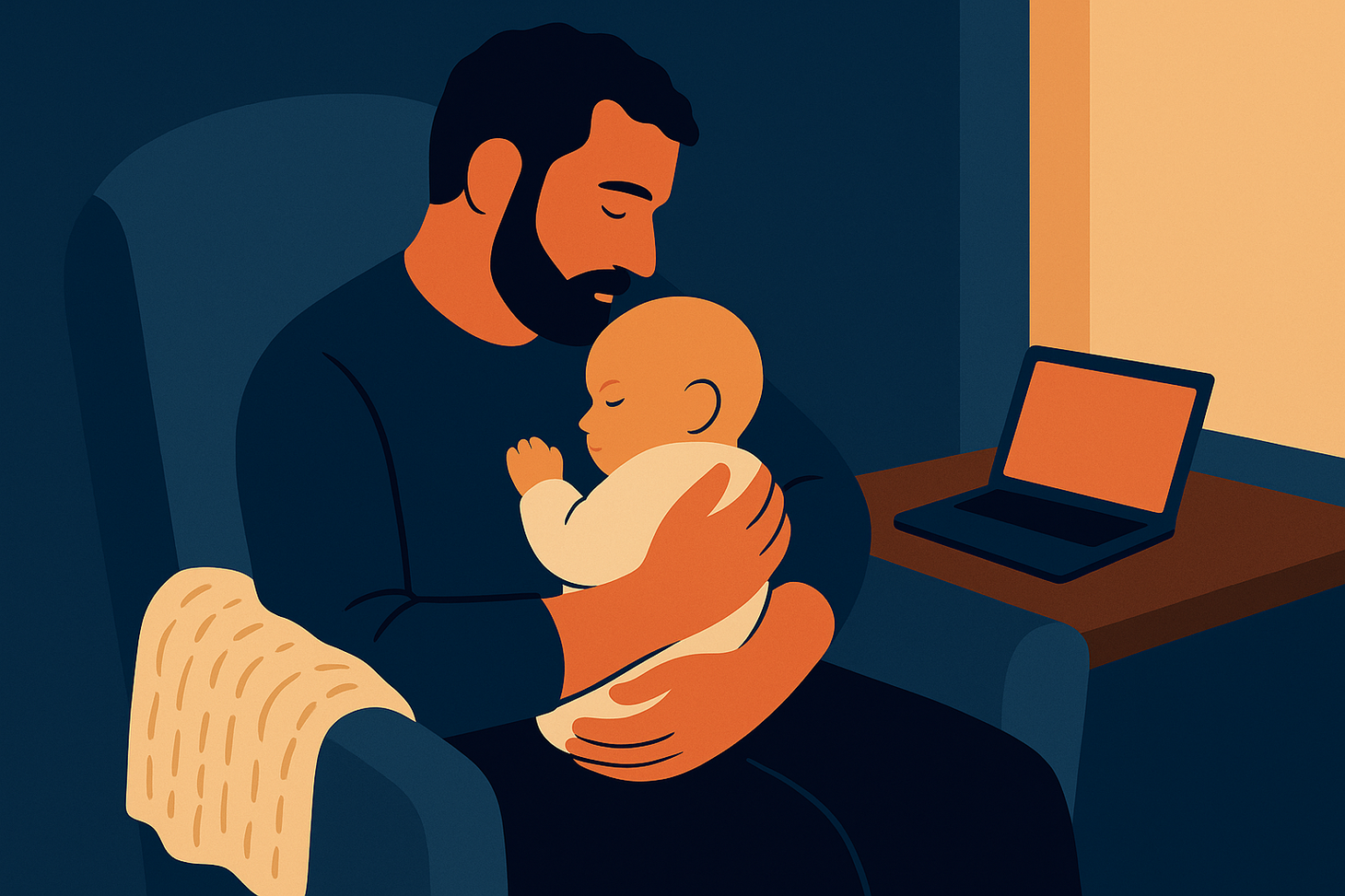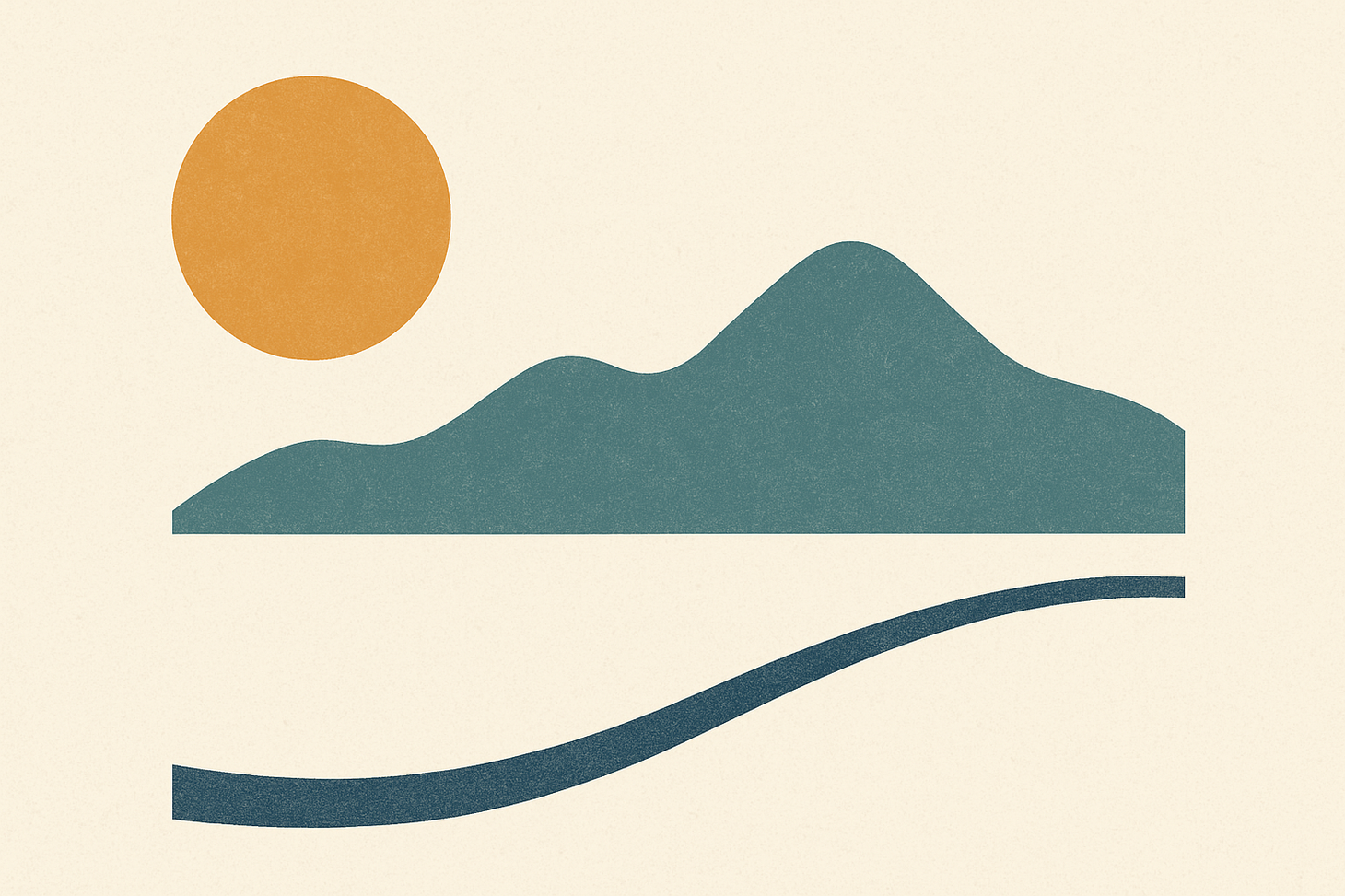The biggest mistake founders make in designing their lives
My own miscalculation of this one element is my greatest regret looking back on my time as a founder and CEO.

Life on hold
I have been thinking a lot lately about the idea of living life on hold. That is how I would describe the way I lived for most of my years as a founder and CEO. I hear it in conversations with many of the CEOs I meet: they are putting in the years now so that life will be different in the future. And when life is finally different, when they have more [money, accomplishment, impact, choices, etc.] then they will be ready to really live.
This is a dangerous and painful setup. It is also bad for business.
I do not have anything against the idea of “working hard now so I can relax later.” Or even putting in more long hours now so that I can provide a more stable life for myself and my family on the other side. Those tradeoffs, carefully contemplated, can be of great benefit. I am talking here about the wholesale abandonment of a full life, and self-care, for years on end, in the hopes of some payoff that will make it all worth it.
In my own life, I can recall easily the years when I felt I was making that wager. And, in hindsight, I can more easily see the costs I bore and how ill-conceived the tradeoffs were.
In my early years as a founder, I missed time with friends, travel, weddings, and the enjoyment of many of my favorite hobbies. I thought my relentless focus on my startup would increase my odds of success.
Some of those long hours may have been necessary; I believe most were not. Most of it was wasted time.
Because I did not really know what to focus on, or whether we were succeeding or failing, overworking myself was my way to ease my anxiety. I wish I had turned to healthier and more connecting ways.
But that was not the biggest mistake I made.
My biggest mistake
The biggest mistake I made was believing that I could focus on changing this one element of my life, success and wealth, and that everything else would remain constant.
I hear this erroneous thinking in conversations with many of the young founders I meet.
We picture our future selves: our companies are successful, our bank accounts padded, and our names on some “Forbes Under X’ list. And in those visions, we tend to hold all the other elements of our life static. We picture ourselves young. We picture our parents alive. We picture living in connection with the same friends we now have or our primary romantic relationships being at a similar stage or state of connection as they now are.
The truth is everything changes.
Yes, my life is better now than it was 8 years ago. My bank account is padded. I live in my dream home by the beach. I do work I deeply love with no stress of making a rent payment. None of those things were true 8 years ago.
But everything else has changed too.
My son is not a baby anymore. Those years are gone. He will be a teenager soon and out of the house faster than I dare to believe.
My wife and I are not new lovers. The crazy excitement of those earliest years has given way to family life and the many joys and difficulties that carries.
My friends, many of whom were congregated in California at the time all starting companies, have scattered the country as a result of job changes, marriages, housing costs, etc.
Both my father and stepfather passed away during those years. 8 years ago they were here; now they are not. My mother turned 70 this year. 8 years ago, it seemed she would be young forever. Celebrating her 70th birthday this year, it no longer feels that way.
Life is beautiful now, and by many accounts better, but it is also different. And many of the best parts of life 8 years ago are no longer here.
My regret, looking back, is how often I missed appreciating those things while they were here. I was so busy building a company that I too often failed to really experience the day. I believe that was a largely unnecessary tradeoff.
Realizing the need for a change
I resolved about 4 years ago, prior to selling my last business, to stop living with my life on hold. During a 10-day quest in the Montana wilderness, I came to the revelation that I already had everything I needed in my life. No, I was not wealthy, I had not sold my business, and I did not love my job. But I had a full life that I wanted to be fully experiencing.
I also came to the revelation that living my life half-alive was harming my work as a CEO not helping it. And that was a sobering realization. I was making these tradeoffs for nothing.
For those of you CEOs reading this thinking it must be nice to pontificate on a balanced life from the other side, post-exit, trust me…I get it. I would have thought the same thing, and if I had read this post 8 years ago I may have told the author in the comments section to go fuck himself.
You of course are more than welcome to do the same.
But I have had the privilege, as a coach, to examine alongside some of the best CEOs of this generation, the tradeoffs they are making in their own lives. I have come to see, again and again, that connecting to one’s life, even while in demanding a role as CEO, is of great benefit to both the human and the work. The idea that you must miss being present with the parts of your life you value most in order to succeed in your role is a false bargain.
Setting yourself up for real success
The CEO role, well-understood, is about perspective, roundedness, and connection. Those are impossible things to have living in isolation. And they are impossible things to have when you never leave your office or close your laptop. The most successful CEOs I witness work with intensity and purpose but also deeply experience their lives. They do not make the same mistake I made in those early years. And you do not have to either.
Remember, even if you do might wake up in five or 10 years with a few more zeroes behind your bank account balance: everything around you will have also changed. Considering that:
- Who do you most want to be in connection with today?
- Who do you want to remind that you love them deeply now, not waiting for later?
- How do you want to celebrate and enjoy this stage of your life? This age, your body, and your mind in this way?
- How do you want to embrace and connect with your community who are around you today?
Making your own choices
I know it is a tremendous burden to lead a company. The task list feels never-ending. The list of people depending on you is long and only getting longer. And most of the people around you are likely whispering in your ear how great it is that you are working so hard.
Most of them do not get it. They have never been in your chair. Most of them never will be.
Make the decisions that work for you. Live the way that allows you to look back with gratitude instead of regret. Support yourself and those you love.
And if I can support you, I am here.
-Matt
Sanity Notes Newsletter
Join the newsletter to receive semi-weekly updates in your inbox.


